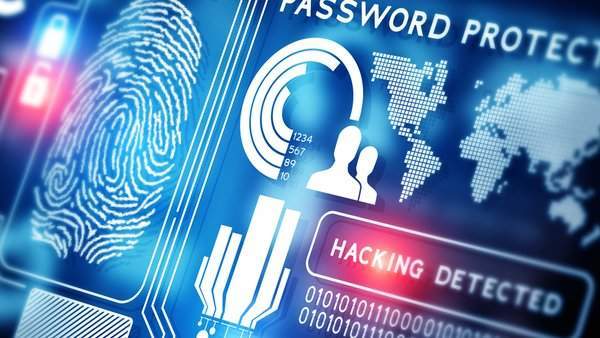
The infiltration of the US Democratic Party’s email servers, the major power outage in Ukraine, and Sony’s massive data breach are just some of the damaging cyber attacks carried out by sophisticated hackers over the last few years.
Now, Britain must brace itself for an imminent large-scale cyberattack, GCHQ, the UK’s shadowy intelligence and security organisation warned this weekend.
In the last month alone, there were 188 “category two and three” attempts by hackers to breach national security or steal intellectual property.
“We’ve got some very capable adversaries but we’ve done a good job in detecting and managing those sorts of attacks,” Ciaran Martin, the head of GCHQ’s national cyber security centre (NCSC), told The Sunday Times.
“However, the level of sophistication is such that we keep very vigilant and I expect that there will be a category one incident at some point in the future… most of our major allies in similar countries have experienced what I would call a category one attack.”
A so-called category one cyber attack is the most serious hack possible, with damaging and far-reaching implications.
How well do you really know your competitors?
Access the most comprehensive Company Profiles on the market, powered by GlobalData. Save hours of research. Gain competitive edge.

Thank you!
Your download email will arrive shortly
Not ready to buy yet? Download a free sample
We are confident about the unique quality of our Company Profiles. However, we want you to make the most beneficial decision for your business, so we offer a free sample that you can download by submitting the below form
By GlobalDataState-sponsored attackers linked to Russia and China were to blame for some of the attempted hacks on the UK, according to the NCSC.
Philip Hammond, the chancellor, said that a successful cyber attack could even dismantle national infrastructure.
The NCSC blocked 34,550 “potential attacks” on government departments and the public over the past six months, the equivalent to about 200 hacks a day, he added.
“The real problem here is not technical – it is public awareness,” Edward Lucas, a cybersecurity expert and author of many books on the subject including Cyberphobia told Verdict.
“Somehow we need to get through to the general public and to decision-makers at the top of organisations that their decisions affect not only their own security, but other people’s. Just as carelessly driving a badly maintained car is risky not only to the driver but to other road users, careless use of badly configured computers and networks is a danger to everyone else using the internet.”






